Real estate can be a fantastic investment, offering steady returns, potential for appreciation, and diversification for your portfolio. But with so many options, where do you even begin? Choosing the right property is key to maximizing your success. Here's a roadmap to guide you through the selection process:
Know Yourself, Know Your Goals
Before diving into the market, do some introspection. Consider your investment goals. Are you looking for steady rental income, long-term value appreciation, or a combination of both? How much time and effort are you willing to dedicate to managing a property? Your risk tolerance also plays a part. Real estate, while generally stable, can be susceptible to market fluctuations.
Sizing Up the Market
Location is everything in real estate. Research different areas to find a market that aligns with your goals. Look for areas with:
- Positive economic indicators: Growing populations, stable job markets, and rising incomes signal a healthy real estate market.
- Favorable real estate trends: Look for areas with steady property value appreciation and low vacancy rates if you're planning to rent.
- Types of properties: Are you interested in single-family homes, multi-unit buildings, or commercial spaces?
- Each has its own pros and cons in terms of cost, maintenance, and potential returns.
Digging into the Details
Once you've identified a promising market, it's time to assess individual properties. Here are some key factors to consider:
- Property condition: Factor in potential repair costs and renovations needed to bring the property up to standard.
- Cash flow: For rentals, project your income from rent and factor in expenses like mortgage, taxes, and maintenance to ensure positive cash flow.
- Long-term potential: Consider the property's potential for appreciation based on the neighborhood's development trends
.Beyond the Basics
Remember, real estate is a local business. Connect with a local realtor who can provide valuable insights into the market and specific neighborhoods. Also, consider factors like:
- Schools: Good schools can significantly impact property value, especially for families.
- Crime rates: A safe neighborhood is attractive to tenants and can boost property value.
- Commute times: Easy access to jobs and amenities can make a property more desirable.
Choosing Your Investment Style
There's more than one way to invest in real estate. Here are some options to consider:
- Direct property ownership: This is the traditional method, offering the most control but also requiring the most effort.
- Real Estate Investment Trusts (REITs): Invest in a portfolio of real estate through a publicly traded company, offering a more hands-off approach with good liquidity.
- Real estate crowdfunding platforms: Invest in a fraction of a commercial property alongside other investors.
The Final Step: Due Diligence
Before finalizing your investment, conduct thorough due diligence. This includes:
Getting a professional inspection: Identify any potential problems with the property.
Reviewing the title: Ensure there are no outstanding liens or claims on the property.
Understanding local regulations: Be aware of any zoning restrictions or permitting requirements.
By following these steps and carefully considering your options, you'll be well on your way to choosing the real estate investment that perfectly aligns with your goals and puts you on the path to financial success. Remember, this is a significant decision, so don't hesitate to seek professional guidance from a financial advisor or realtor to ensure you're making a sound investment



